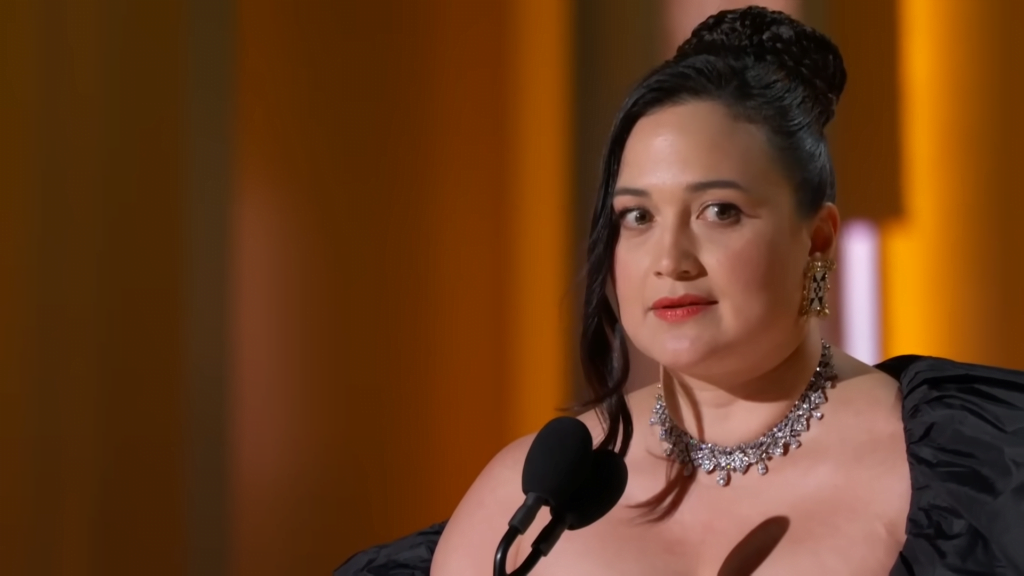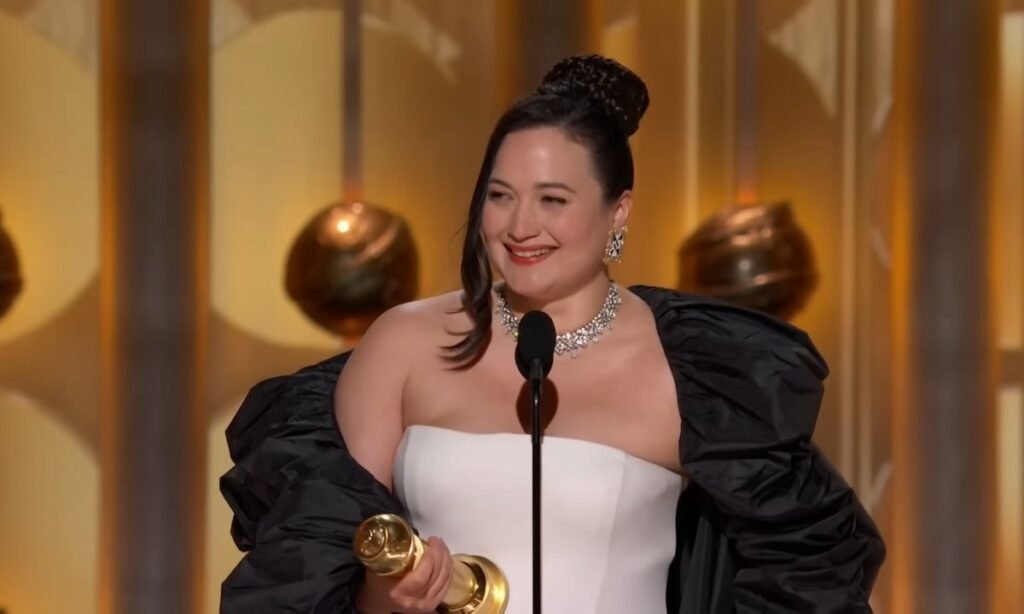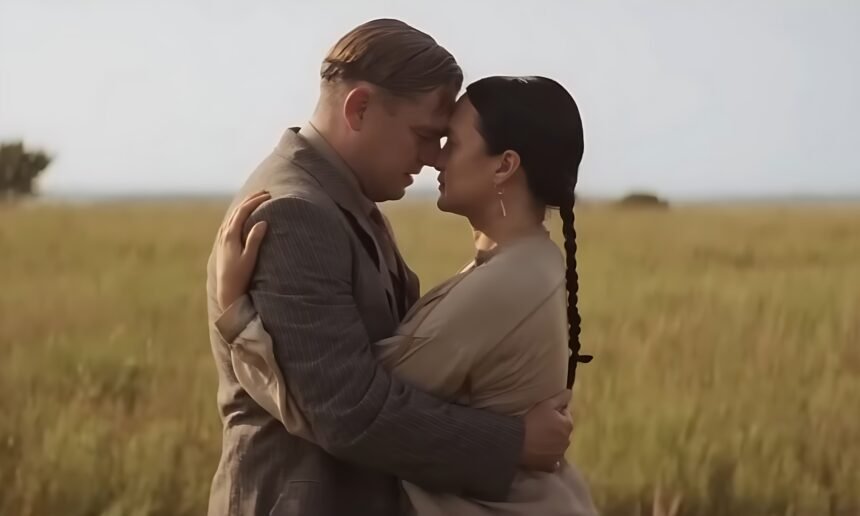Few directors can immerse an audience in moral complexity like Martin Scorsese. In his latest docudrama Killers of the Flower Moon, he trains his lens on a forgotten 1920s tragedy that saw scores of Native Americans systematically murdered on their oil-rich Oklahoma land. Early reviews suggest Scorsese has delivered one of his most riveting and haunting films to date.
The Osage Murders.
Adapted from David Grann’s nonfiction book, Killers of the Flower Moon recounts the sinister plot against the Osage nation after valuable oil was discovered beneath their reservation in 1921. With mineral rights highly fractionalized among Osage members, unscrupulous whites began targeting Osage Indians, marrying into families, and picking off inheritors one-by-one to seize control of the lucrative headrights.
| Movie | Director | Runtime | Budget | Box Office | Tomatometer |
|---|---|---|---|---|---|
| Killers of the Flower Moon | Martin Scorsese | 210 minutes | $200 million | $154.5 million | 64% |
Beyond just a gripping mystery procedural, the tale lays bare the depth of human depravity fueled by greed. As the death toll of seemingly unrelated Osage murders grows, the emerging FBI joins forces with a trusted local to piece together the sinister plot organized by William Hale (Robert De Niro) to steal Osage oil wealth by manipulating both his nephew (Leonardo DiCaprio) and vulnerable marks like Mollie Burkhart (Lily Gladstone).
Scorsese Artistic Vision
Long fascinated by stories exploring humanity’s darker core, Scorsese seems especially well-suited to capturing this history on film. He painstakingly builds a powder keg atmosphere around the early 20th century Osage, beaten down by generations of injustice yet finding opportunity in the oil boom. Juxtaposing breathtaking prairie vistas with sinister schemes lurking underneath, Scorsese masterfully telegraphs an ambient feeling of dread amid the Great Plains — where a perverted blend of revenge, entitlement and opportunity festered into tragedy for the Burkhart family and countless others.
While on paper a conventional crime thriller, Scorsese transforms the story into something more profound in its intimate study of human weakness yielding to criminal impulse. By refusing to sensationalize events, he instead burrows into the psychological conditions and moral failings behind the genocide, rendered more chilling for its banality. Much like his iconic Taxi Driver, Killers of the Flower Moon peers behind the curtain of evil and insanity to probe timeless questions on American identity and violence.
Acting Showcase
Anchoring this morality tale is a trifecta of powerhouse performances likely to dominate awards season chatter. In her first major starring role, Native actress Lily Gladstone brings an aching humanity to Mollie Burkhart, anchoring Scorsese’s patient character study amidst the growing bloodshed. Her anguished portrayal of a woman struggling to process profound loss resurrects the Osage plight as something intimate yet universally heartbreaking.
Opposite Gladstone, Leonardo DiCaprio taps new dimensions of weakness and pathology as Ernest Burkhart, the movie’s central conspirator. DiCaprio channels trademark intensity into Burkhart’s unraveling psyche, eliciting flashes of empathy amidst his malicious scheming. Meanwhile Robert De Niro delivers one of his most arresting turns in years as DiCaprio’s cunning uncle William Hale, fully inhabiting his villain’s chilling determination to claim the Osage wealth by any means necessary.

Together, Gladstone, DiCaprio and De Niro form a psychologically complex triumvirate guaranteed to attract awards attention. And buoyed by his leads’ raw intensity, Martin Scorsese directs masterfully, coaxing incredible subtlety from a tale ripe for sensation. Killers of the Flower Moon confirms Scorsese remains peerless at training a lens on humanity’s heart of darkness.
The Verdict: An American Masterpiece
Boasting Scorsese’s storytelling mastery and career-defining performances, early reviews suggest Killers of the Flower Moon deserves mention alongside modern classics like No Country For Old Men. More than just a compelling manhunt tale, it mourns the Osage bloodshed as a larger testament to American injustice — where vulnerable communities frequently suffer victimization from the powerful. Already called one of Scorsese’s crowning late-career achievements, Killers of the Flower Moon promises to deliver his signature blend of artistry and moral complexity amplified to new heights.
Scorsese Unflinching Flower Moon Divides Critics and Audiences
Martin Scorsese’s sprawling historical drama Killers of the Flower Moon arrived this fall amidst heavy Oscar buzz and expectations from cinephiles. With a $200 million budget, screen legends like Leonardo DiCaprio and Robert De Niro, and chilling source material in David Grann’s nonfiction book on the sinister “Osage murders,” the film seemed to have awards glory in its sights. But early box office returns and critic reviews indicate a more divided response.
While some hail Killers of the Flower Moon as a late-career masterstroke from Scorsese, others have critiqued its languid pace and lack of narrative drive considering the explosive real-life events it depicts. After a nearly 3.5 runtime, the film still left many viewers appreciative but relatively cold. And with middling audience scores so far, its Best Picture chances seem less assured than initially thought.
Despite praise for DiCaprio and De Niro’s performances, IndieWire perhaps summed up critic sentiments best, calling the film “bloodless” and “inert,” dampened by Scorsese’s signature contemplative style. And while gorgeously shot and undeniably substantive, Flower Moon’s sprawling retelling of the chilling Osage murders lacks the propulsive filmmaking vim to become a crossover smash.
Exploring Nuance in an American Tragedy
Make no mistake – Killers of the Flower Moon offers no shortage of sociopolitical resonance in its dramatization of early 20th century exploitation and racism devastating the Osage Nation. As oil speculation made tribal members overnight millionaires, white opportunists methodically married then murdered Osage heirs to assume control of lucrative mineral headrights.
And Scorsese trains a patient lens on the tragedy’s origins in bigotry and greed as scores of Native Americans are killed amidst Oklahoma oil booms. Without simplifying events into good versus evil binaries, he sits with the psychological complexity enabling such atrocity against a vulnerable minority. DiCaprio and De Niro deliver suitably intense and textured performances as conspirators caught up in machinations beyond their control.
But for some critics, Flower Moon’s gradual descent into darkness plays more staid than truly electrifying over its lengthy runtime. Drained of urgency by methodical pacing, Scorsese fails to fully realize nail-biting potential in the sinister plot organized by De Niro’s William Hale against the Osage. Significant screen time devoted to ominous tracking shots comes at the expense of narrative momentum in the eyes of reviewers.
What Does This Mean for Oscar Season?

In fairness, Martin Scorsese feels forever destined to shoulder unrealistic awards expectations, regardless of creative vision. With Netflix’s Bardo drawing similar mixed reactions this season despite stunning craftsmanship, perhaps meditative cinema focused on humanity’s darker facets simply proves a tough sell to impatient modern moviegoers.
Regardless, middling critical and audience scores seem to relegate Killers of the Flower Moon to respected filmmaking more than genuine Best Picture threat. Strong lead performances will surely garner acting nods for DiCaprio and De Niro, deserved recognition for Lily Gladstone’s anguished turn seems plausible. But in terms of potential for Scorsese’s second directing Oscar, the odds look increasingly slim without universal acclaim.
Of course, much could change pending year-end awards momentum. But for now, Killers of the Flower Moon‘s sprawling exploration of injustice stands as towering, gorgeous filmmaking let down by pacing issues for impatient audiences. Scorsese unconditional fans will doubtless laud the film as another sociopolitical masterwork. But its mainstream crossover appeal remains in question following early community reactions. Perhaps this likely Oscar snub will only further cement the film’s status as culturally essential, if not universally embraced, cinema.






